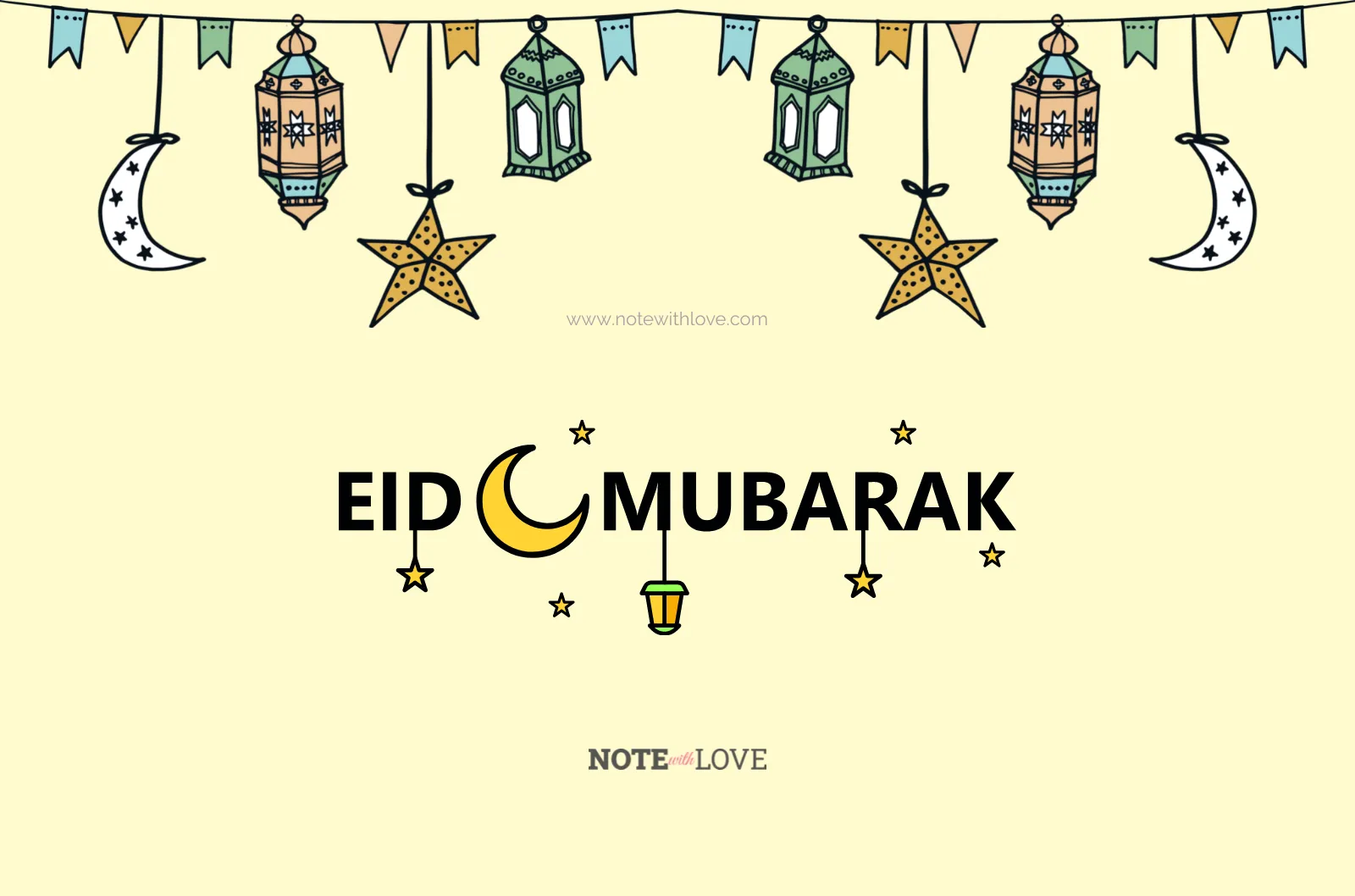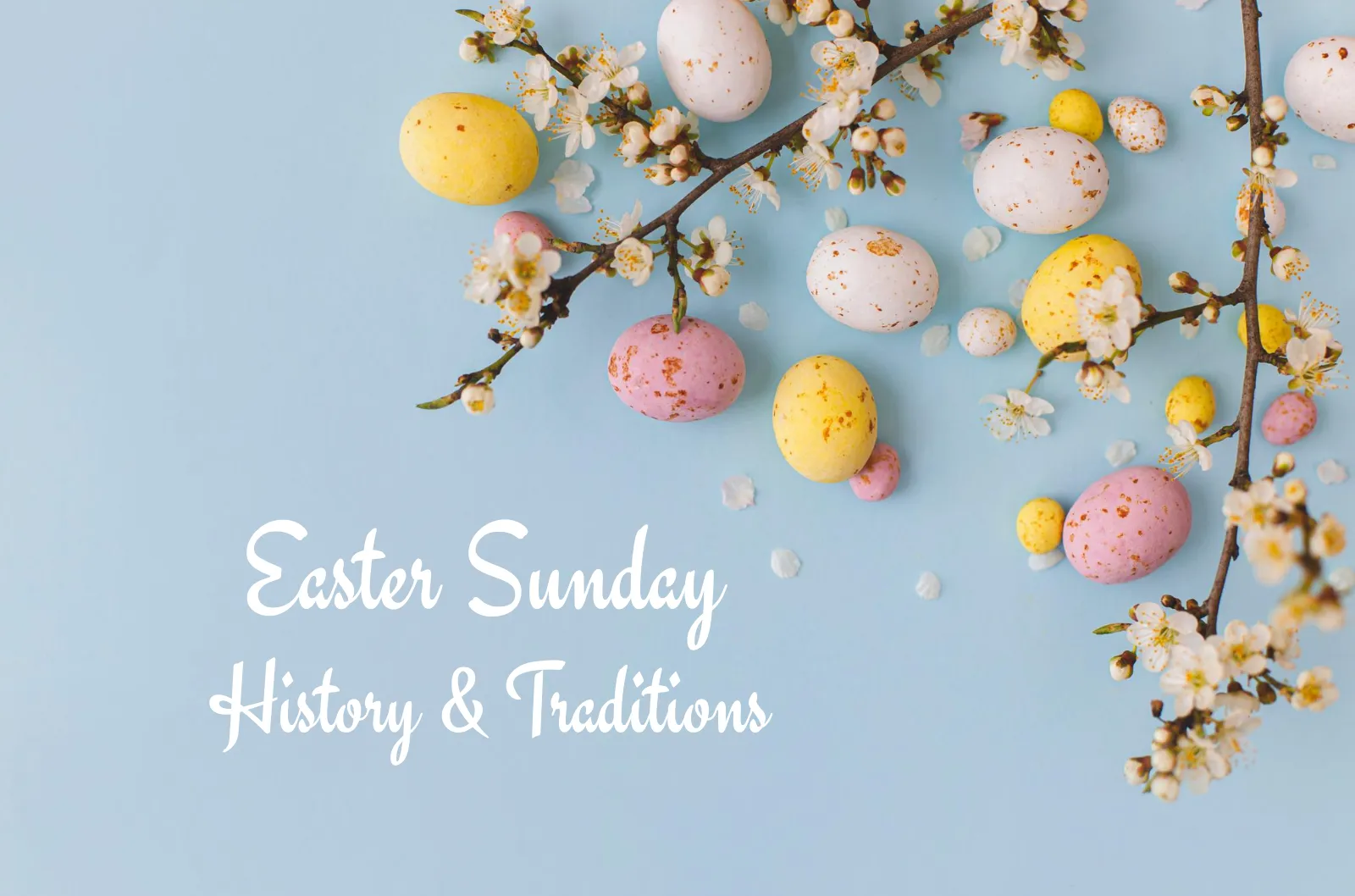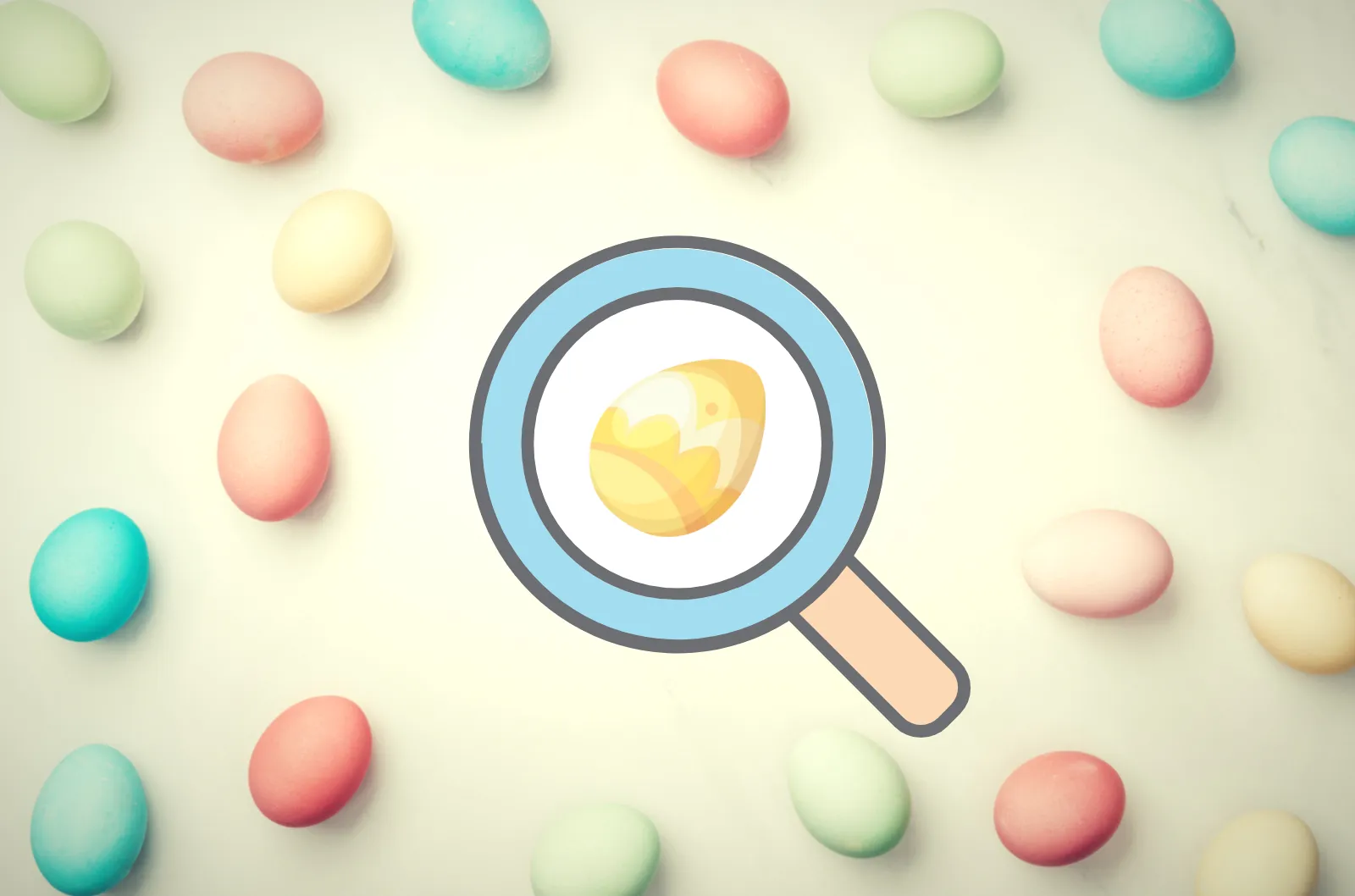- Celebrations
- Celebrations
Eid al Fitr 2025 Celebrations in the US - All you need to know
by Note with Love Team - Feb 24, 2025
Eid al Fitr or Eid ul Fitr is one of the major religious festivals of Muslims. According to a 2017 study, about 1.1% population of the United States of America are Muslim. That means 3.45 million people, give or take. You may have a coworker or a classmate or a friend who is follows Islamic practices. If you know little about their ritual and traditions but are curious to know more, this article is for you. I have shed light on what Eid al Fitr is and how it is celebrated in the states and other countries.
What Is Eid Al Fitr?
Ramadan’s holy month ends with the Muslim festival known as Eid al Fitr. In accordance with the Islamic calendar, it is observed on the first day of Shawwal. Eid ul Fitr is not only a day of celebrations but it is also a day of forgiveness and gratitude. It gives a chance to Muslims to say thanks to Allah for His blessings.
When Is Eid Al Fitr In America In 2025?
The tentative date for the first day of Eid al Fitr celebration in 2025 is between March 31 and April 1, and it is anticipated that it will be observed in America on Monday, March 31sy, subject to the moon’s visibility.
How Does Eid Al Fitr Relate To Moon Sightings?
Moon sighting marks the date of Eid al-Fitr. When a crescent moon is sighted, it marks the first day of Shawwal, which is the Islamic calendar’s tenth month.
Photo by Flickr on Pexels
Unlike the Gregorian calendar, the Islamic calendar is based on the sighting of the moon rather than the sun. As a result, since the sighting of the new moon differs from place to place, the precise date and time of Eid are not always the same.
A team of skilled observers look for the crescent moon after sunset on the 29th day of Ramadan. When the moon is seen, the following day is proclaimed to be Eid ul Fitr. When the moon is not visible, people fast for 30 days. The next day being the Eid day.
How Long Is Eid Al Fitr?
In most Muslim-majority countries, Eid ul Fitr is generally observed for one to three days as a public holiday.
There is no official Eid al Fitr holiday in the United States, but it may last one or two days depending on local Muslim customs and the amount of time that can be taken off from work or school.
Eid Day In The United States
Muslims celebrate Eid with great enthusiasm after fasting for the entire month of Ramadan. They observe Eid with special prayers, family get-togethers, and feasting in the United States.
Decorating the house: In anticipation with the festivities, Muslims clean their houses and decorate it with different lights, lanterns, flowers, and banners.
Photo by Yusuf Miah on Pexels
Getting Ready: On Eid morning, it is customary for Muslims to get up early, bathe, and put on new clothes. While some Muslims favor wearing attire inspired by the West, many Muslims like to put on traditional attire from their country of origin.
Eid prayer: After getting ready, Muslims congregate at a mosque or an open area to offer Eid prayers. They pray collectively in a congregation under the direction of an imam or other community figure.
Image by Anadolu Ajansı
Exchanging greetings: Following the prayer, Muslims shake hands, give each other Eid hugs, and say the traditional Eid greeting, “Eid Mubarak!” which translates to “blessed Eid.”
Photo by Askar Abayev on Pexels
Life as usual: Usually if Eid day is not a public holiday, people go on their usual daily routine. Some go to the office while others attend classes in schools. On such Eid days, Muslims hold celebrations after work or at dinner.
Hosting/Feasting: A big part of the Eid al Fitr celebration is cooking up some delectable food, serving up some treats, and exchanging gifts. Some societies host ethnic activities and events like bazaars, pony rides, and henna tattooing.
Photo by RODNAE Productions on Pexels
Charity: No matter how big or small, giving to those in need must be a part of Eid ul Fitr celebration. It’s also customary in Muslim neighborhoods to give food or money to those in need. It is regarded as a means of expressing gratitude for their blessings and spreading their happiness to other people.
Community activities: The Muslim community in the United States gathers for Eid al Fitr celebration and shares a special feast with a variety of dishes like sweets, pastries, and savory dishes with family friends together. It is traditional for some families to cook and serve traditional Eid meals like biryani, kebabs, and samosas.
One thing is certain: while local customs and cultural traditions may influence celebrations, the nationwide spirit of joy and camaraderie to uphold their faith and culture endures.
Common Eid Al Fitr Customs And Traditions
In the Muslim calendar, Eid al Fitr holiday is one of the most important religious celebrations and it has a variety of traditions and customs associated with it. I have listed some of the customs and traditions connected to celebrating Eid below:
Prayer: Muslims typically take part in early-morning special prayers at the mosque or in public locations to show their appreciation for Ramadan’s blessings and to mark the conclusion of fasting.
Greetings: Muslims greet one another with sincere greetings on Eid al Fitr. The most typical salutation is “Eid Mubarak”.
Food: During Eid ul Fitr, people feast and savor delectable cuisine. Family members cook up classic dishes to serve to friends and neighbors. I will discuss more about the traditional food in next section.
Clothing: Muslims typically dress in brand-new clothing on this day. This is a way to honor the occasion and commemorate the end of Ramadan.
Charity: Eid must include charitable giving to those in need. Muslims give food or cash to those in need as a way to reciprocate and express gratitude. It’s a way to share one’s joy with others.
Family reunions: Families come together during Eid al-Fitr to celebrate and spend time with one another and throw lavish feasts and invite the whole family to the festivities.
Photo by RODNAE Productions on Pexels
Traditional Food For Eid
Eid al Fitr is traditionally celebrated with a large feast and traditional foods. Together, families, neighborhoods, and relatives visit one another and share meals to commemorate Eid. Following are a few of the most well-liked traditional foods consumed on Eid:
Sheer Khurma: Sheer Khurma or Khorma is a sweet vermicelli pudding popular as an Eid dessert in South Asia and the Middle East. It is made with vermicelli noodles, milk, sugar, and nuts and is flavored with cardamom, saffron, and rose water.
Photo by Samsrecipeclub
Biryani: Biryani is a spicy rice dish that is very well-liked in Asia, particularly in Pakistan and the Middle East. Usually, it’s made with rice, meat, and a flavorful spice mixture like cumin, coriander, and cinnamon.
Kebabs: Kebabs are a common meat dish served during Eid ul-Fitr in Muslim nations. For this, ground beef is usually seasoned with herbs and spices before being grilled or roasted. Chicken and mutton are also used as the main protein.
Photo by Olga Lioncat on Pexels
Samosas: Samosas, which are savory pastries filled with spiced meat or vegetables, are offered as an apéritif or a snack during most of Eid ul-Fitr. Typically, they are deep-fried until crispy.
Haleem: Haleem is a hearty stew popular in South Asia and the Middle East. You can make with a variety of meat, especially mutton or beef, lentils, and a variety of spices, and it’s slow-cooked for a while to get the right thickness and flavor.
Eid Al Fitr Around The Globe
While the core elements of the celebration remain consistent, Eid al Fitr celebration sometimes varies from country to country. Below are a few of the various Eid customs practiced in different countries:
The Middle East: For Eid, people love to dress to the nines and visit family friends while celebrating the holiday with great fervor. Baklava, kunafa, and maamoul are just a few of the traditional foods and treats that many families prepare for their loved ones to enjoy. In Saudi Arabia, traditionally prepared foods like “mandi” and “kabsa” are served at large feasts.
Photo by Murtada Mustafa on Pexels
Indonesia: The tradition, known as “Lebaran,” involves a mass migration from cities to rural areas. To celebrate with their families, people travel back to their hometowns, where the streets are decorated and traditional foods like “ketupat” and “rendang” are served.
South Asia: In South Asia, people adorn their houses and alleys with lights and vibrant banners to mark the occasion of Eid ul-Fitr, which is observed with great fanfare and show. Many families make special meals for their loved ones to enjoy, including biryani, kebabs, and desserts like sheer khurma. Also very popular is the custom of giving children “Eidi,” or money.
Photo by Chattrapal (Shitij) Singh on Pexels
Turkey: The Turkish word for Eid ul-Fitr is “Şeker Bayramı,” which means “Sugar Festival.” The festival includes traditional sweets like halva, Turkish delight, and baklava.
Photo by Lisa Fotios on Pexels
Africa: Africans eagerly attend prayer gatherings dressed in vibrant traditional garb and cook traditional meals like couscous, tagine, and biltong to share with their close ones.
Photo by Tom Adabi on Pexels
Well, that’s all about Eid celebrations in a nutshell. Festivities always multiply when shared with everyone around you. So, if you haven’t sent Eid greetings out yet. Now is the time.
FAQ
What’s Eidi? Why is it so special to children?
Eidi, which is a monetary gift, is handed to children as part of the Eid tradition in many Muslim nations. It is a means of teaching children the values of generosity and sharing. Each family gives their own amount of Eidi, and as technology has advanced, eidi has adapted from traditional cash gifts to online gifts and electronic transfers. This beloved custom helps to deepen ties between family members.
Trending in Notes
If I had a dollar for every time you’ve made my life better, I’d be the richest person in the world. Here’s to you, my love—happy birthday!
I may have taken you for granted at times, and things may have been tense or uncomfortable recently. But I do want you to know how much I value you and how happy I am to have you in my life. This Thanksgiving I am thankful that I have you.
You May Also Like


- Party ideas
- Celebrations
10 Fun Easter Egg Hunt Ideas For Adults In 2025

- Celebrations










